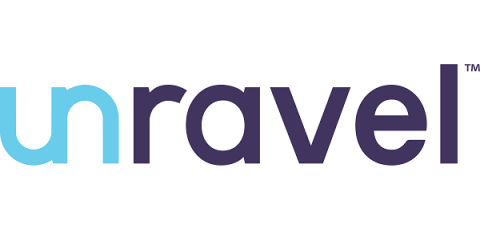The Data Challenge Nobody's Talking About: An Interview from CDAO UK
Chief Data & Analytics Officer UK (CDAO UK) is the United Kingdom’s premier event for senior data and analytics executives. The three-day event, with more than 200 attendees and 50+ industry-leading speakers, was packed with case studies, thought leadership, and practical advice around data culture, data quality and governance, building a data workforce, data strategy, metadata management, AI/MLOps, self-service strategies, and more.


















